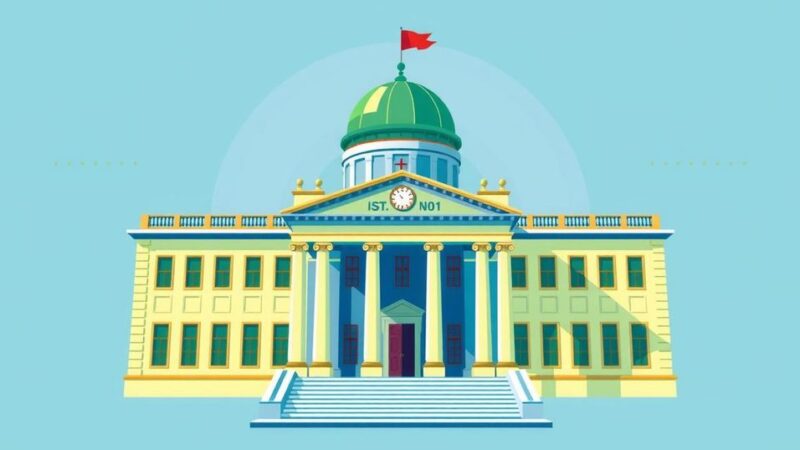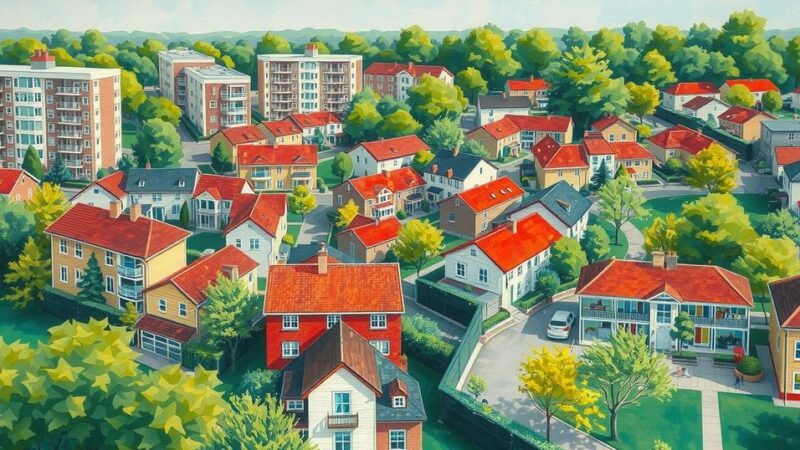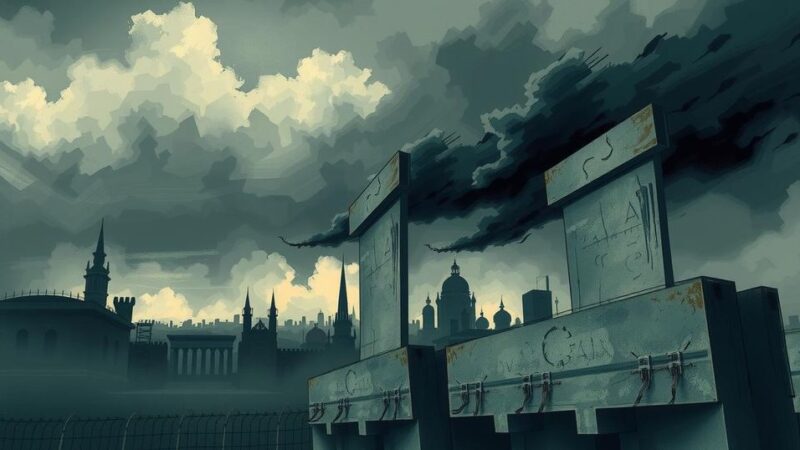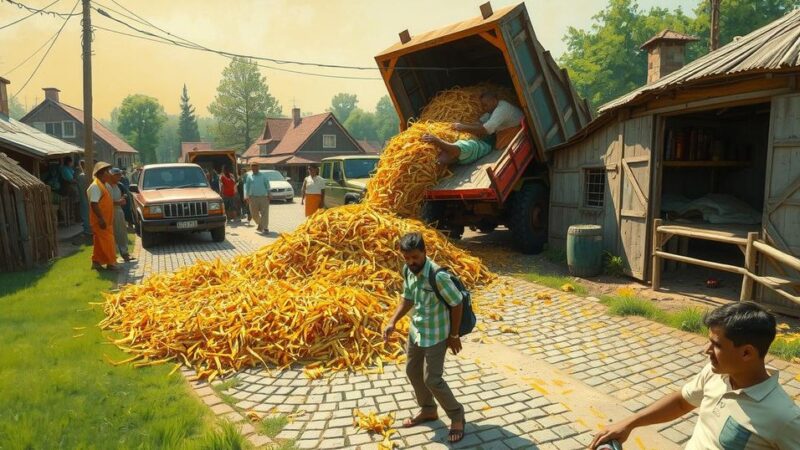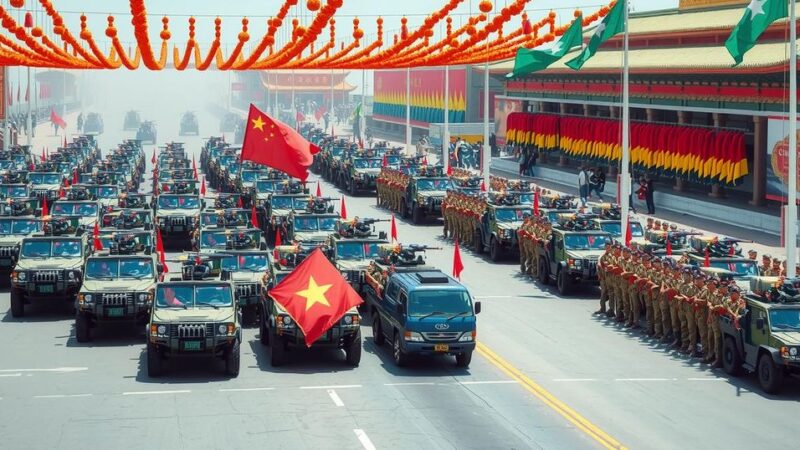Javier Milei’s presidency is creating stark economic winners and losers in Argentina. While some businesses profit greatly, many citizens struggle with soaring inflation and subsidy cuts. Critics warn of growing social tensions as the gap widens between wealthier individuals and the working class. The nation faces a pivotal moment that could determine the success or failure of Milei’s aggressive economic reforms.
In Argentina under Javier Milei’s presidency, economic changes are shaking up the nation. While some sectors thrive, especially those close to the new government’s vision, many citizens are feeling left out, grappling with soaring inflation and eroding wages. Milei came to power with promises of radical reforms, but these alterations haven’t trickled down evenly. Small business owners and lower-income families, for instance, are worried about the future while wealthier individuals see new opportunities.
Milei’s administration is aggressively pushing to trim government expenses and reshape the market landscape, aiming for a more dynamic economy. This has stirred both excitement and apprehension among different groups. The push to cut subsidies has been met with protests as many struggle to absorb the immediate impacts of these policies—rising costs and reduced social programs. Supporters showcase a potential for growth and investment, but the broader populace remains skeptical.
Critics of Milei argue that his administration caters mostly to elites, neglecting the everyday needs of average Argentines. These fears are amplified by an economy that many say has not been this unstable in years. With vital public services under pressure due to cutbacks, citizens are caught in a vice between hopeful reforms and harsh economic realities.
Moreover, even business leaders who are benefiting from changes admit that there’s a risk of social unrest as discontent grows among the working class. The dichotomy of hope versus hardship is apparent—while some youth embrace new job prospects in financially sound companies, others are tasked with just making ends meet. The divide in fortunes raises questions about the long-term effects of Milei’s strategies on the broader population.
Looking ahead, analysts are divided. Some anticipate that the economy could stabilize and flourish in the long run, while others worry about the mounting social tensions. Businesses are keeping a close watch, as any misstep in governance could spark larger protests, reminiscent of Argentina’s turbulent history. As the nation stands at this pivotal juncture, the repercussions of Milei’s reforms will shape Argentina’s future in tangible and meaningful ways.
Javier Milei’s presidency marks a significant shift in Argentina’s economic landscape. While certain sectors are reaping benefits from his radical reforms, many citizens, particularly those from lower incomes, are experiencing financial strain. As the country grapples with rising inflation and cuts to social programs, the divide between winners and losers grows wider, raising alarms about potential civil unrest. Future governance decisions will be crucial in addressing these rising tensions and ensuring stability in the broader economy.
Original Source: gazette.com

